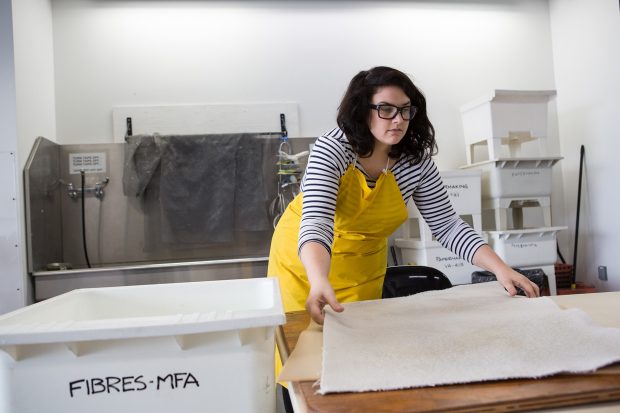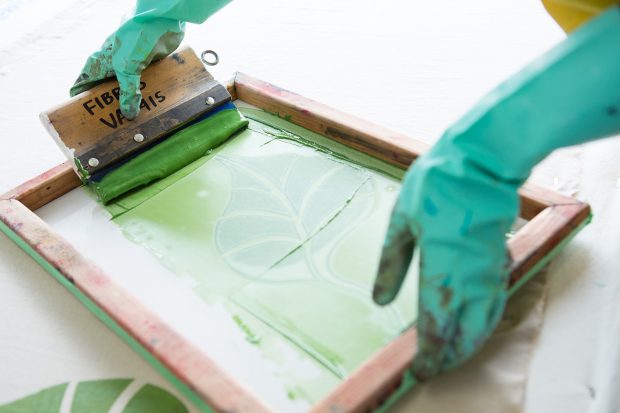FIBRES AND MATERIAL PRACTICES
Why pursue an MFA in Fibres and Material Practices?
Textiles have always played a role in social and cultural history, from quotidian uses to labour movements to the first computer. Likewise, any material, whether found or constructed, contains embedded meanings. From a platform of material-based critical inquiry, graduate students in this program investigate, respond, interpret, and expand the field of contemporary fibres.
The MFA in Studio Arts, Fibres and Material Practices concentration, is an inherently interdisciplinary program of study that will allow you to cultivate your individual research focus or conceptual framework. You will be free to draw from traditional textile methods, performance or time-based media, or invent new creative strategies. You will work under the supervision of our acclaimed faculty to thoroughly investigate materiality and form while analyzing issues and ideas relevant to your research.
Our state-of-the-art facilities are divided into three technical areas dedicated to printing and dyeing, paper-making, and structures, as well as a fibres computer lab. You may also choose to engage with researchers at Concordia’s Milieux Institute: Textiles and Materiality Research Cluster. Montreal’s vibrant arts scene also offers opportunities for you to be involved with artist-run centres committed to the medium of fibres as a material or concept.
Student work
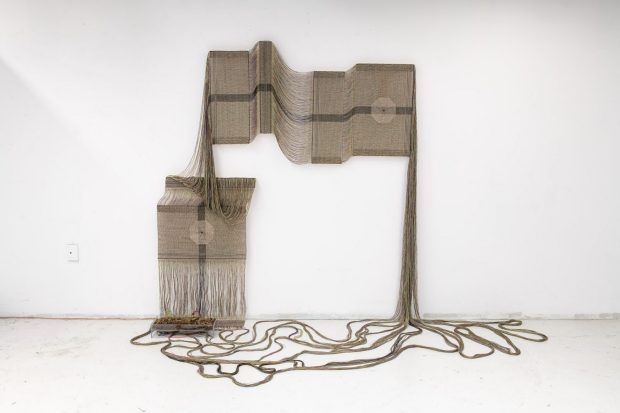
RythA Kesselring, 2021. Photo: Paul Litherland.
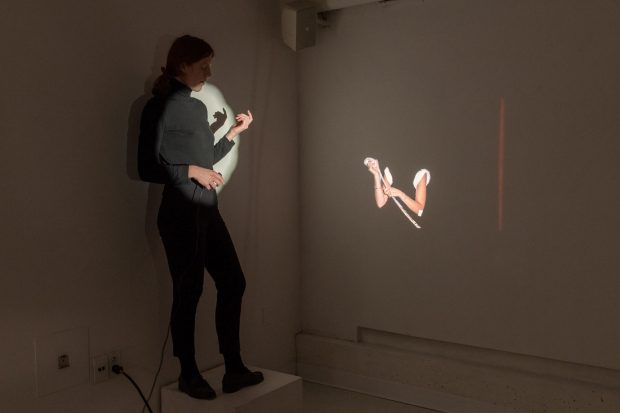
Selina Latour, 2021. Photo: Paul Litherland.
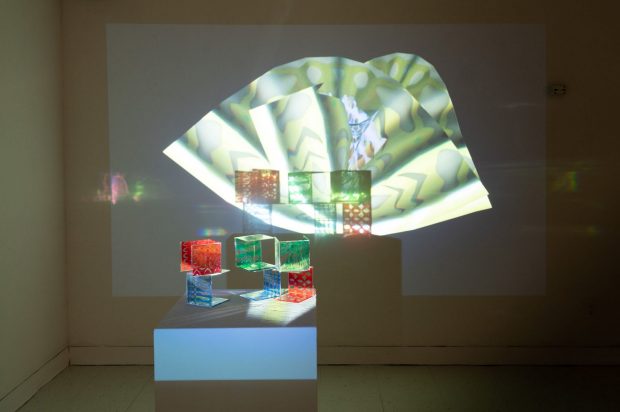
Khadija Aziz, 2021. Photo: Paul Litherland.
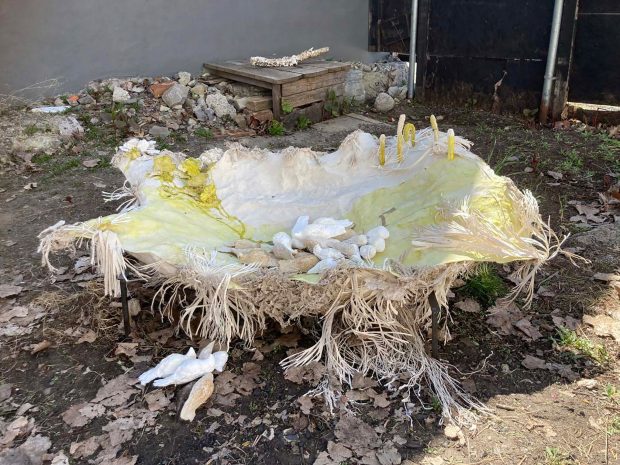
Amélie Bélanger, Des morceaux de sol (detail from installation), 2022.
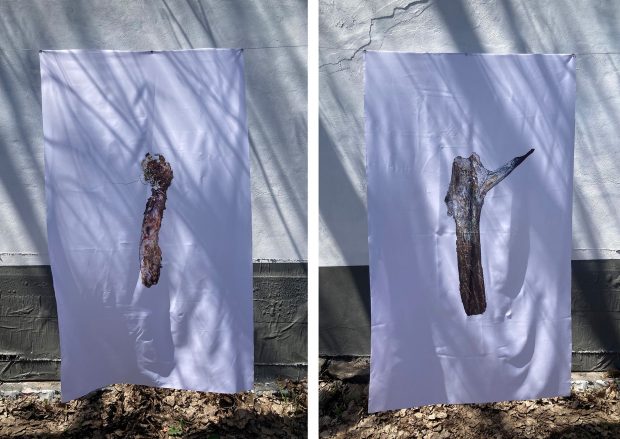
Amélie Bélanger, Two witnesses (details), 2022.
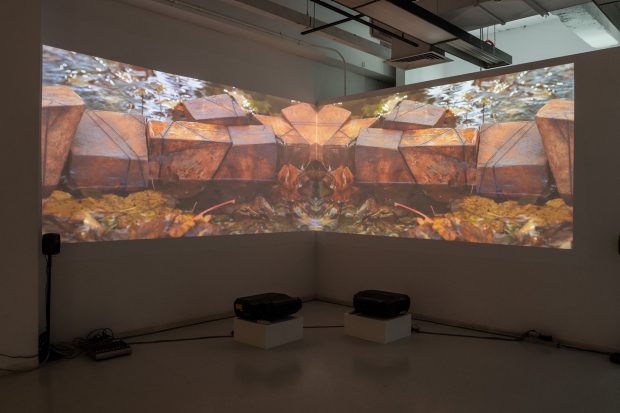
Paule Gilbert, ces choses si menues sur le fil des heures : this ever shifting balance point, 2022. Photo credit: Paul Litherland
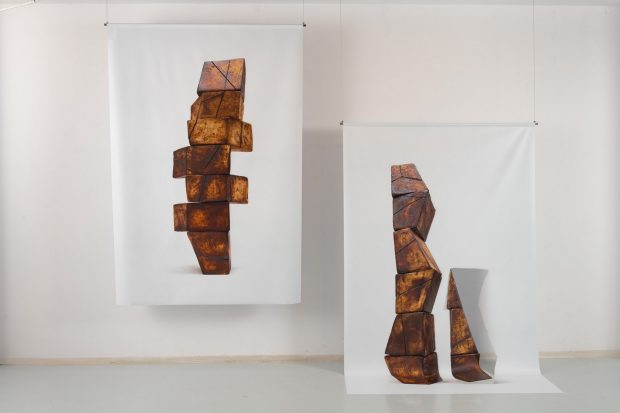
Paule Gilbert, The excess of the object, 2022. Photo: Paul Litherland.
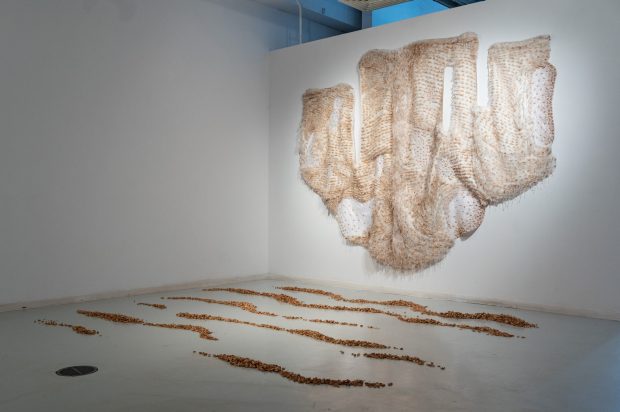
Tina Marais, Unfold, My Skin, 2022.
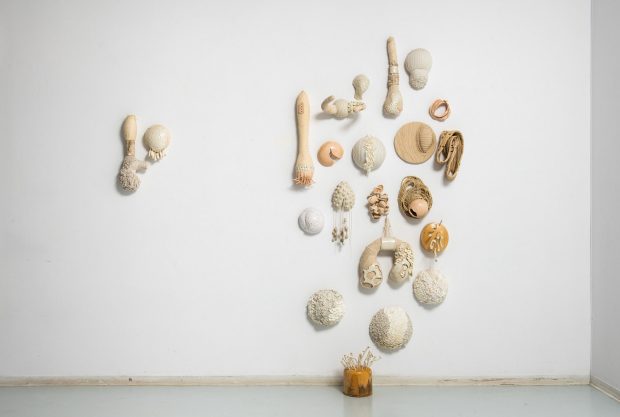
Tina Marais, Unfold, My Skin, 2022.
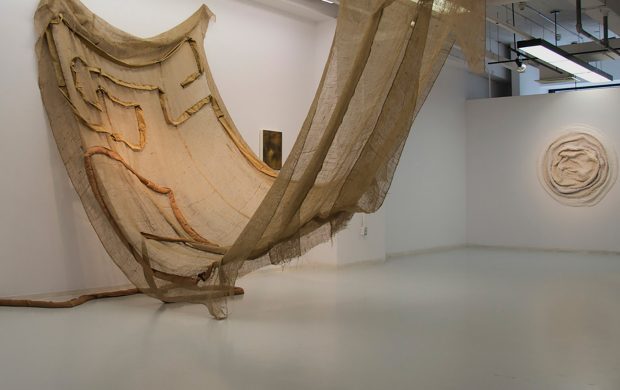
Amélie Riendeau.
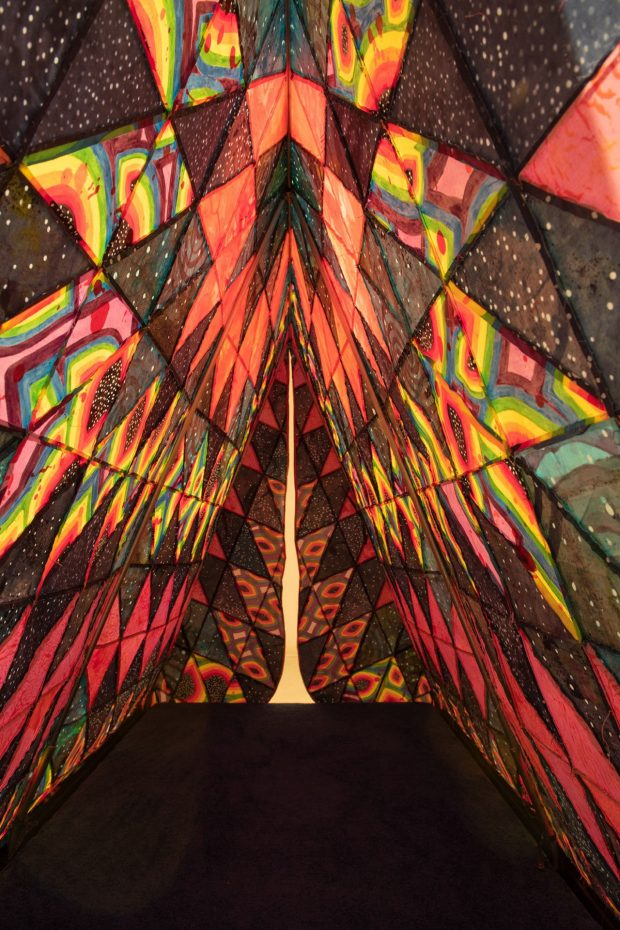
Lindsay Lord, 2021. Photo: Paul Litherland.
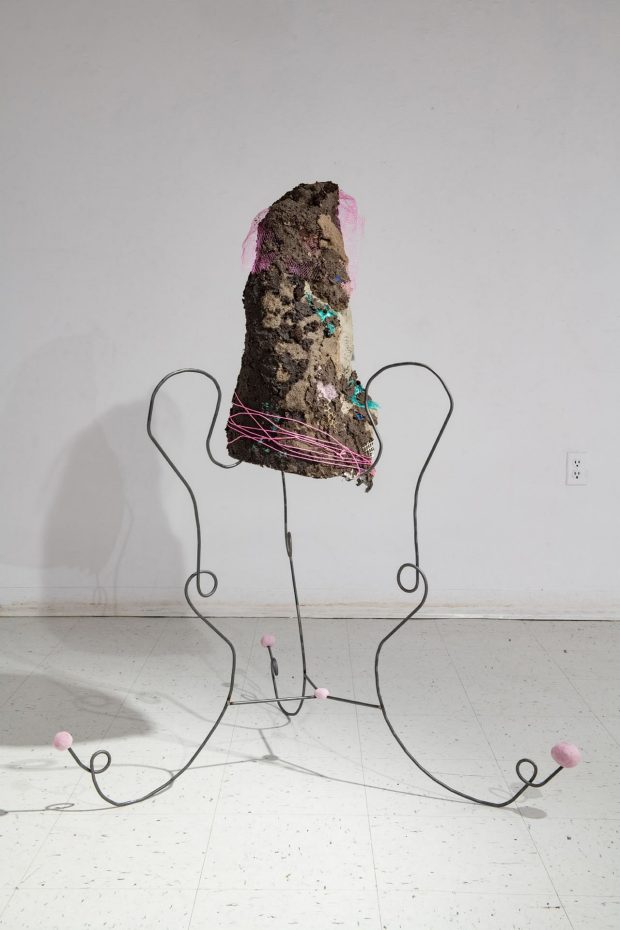
Christy Kunitzky, 2021. Photo: Paul Litherland.
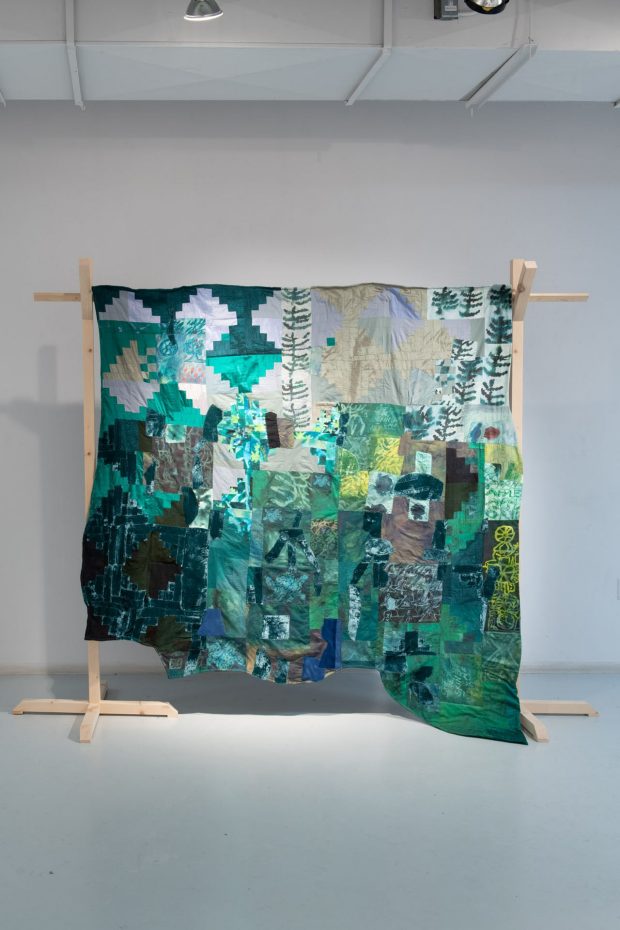
Laurel Rennie, 2021 | Photo: Paul Litherland.
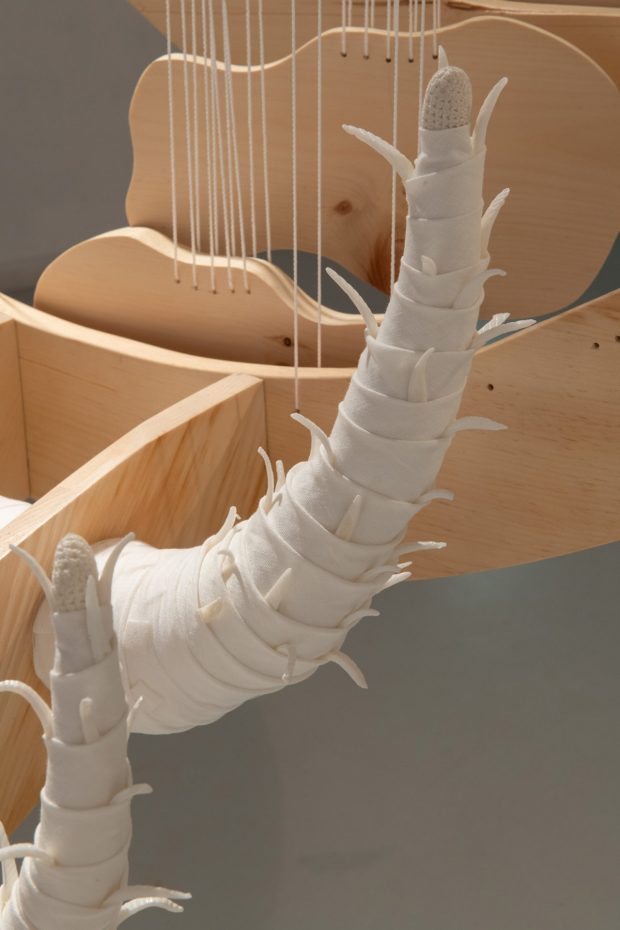
Tina Marais Unfold, My Skin, 2022.


